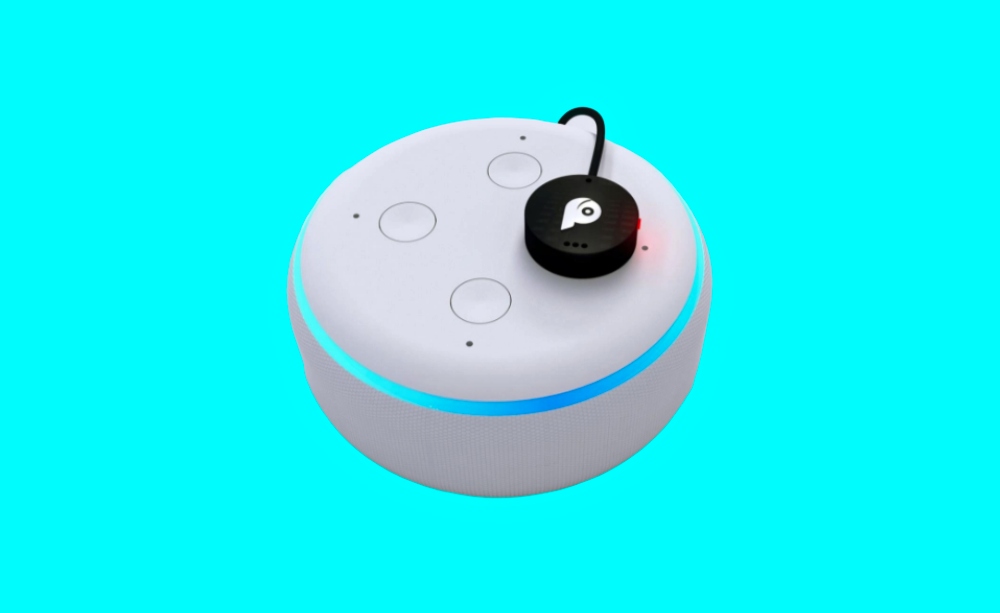Okay, I’m the first to admit I do not trust smart home devices. Between the threat of corporations, hackers and the government all potentially tapping into private information, there’s a lot to be worried about. There’s something disquieting about random Amazon employees listening to my conversations, y’know?
That said…I still sometimes wish for voice activated devices. What can I say, they’re convenient. It would be nice to command my speaker to change the song when my hands are covered in flour or something.
Turns out, I’m not the only one who wishes for a smart speaker that wasn’t always listening in.
Paranoid, which hails from major security company Pleasant Solutions, will serve as a way for you to have your cake and eat it too. Or, in this case, have your smart device and cut down on its ability to spy.
How does it work? Essentially, Paranoid keeps a device from listening in until you say the safe word – “paranoid” – in which case it allows your smart device to listen to your command. For most devices, Paranoid will provide you with a device that easily attaches to your speaker and either jams the speaker or engages the mute button until you want to use the device. More complicated devices can be sent to Paranoid for internal alterations that will provide something similar.
For the moment, Paranoid only services specific models of Amazon and Google speakers, though they hope to expand to tackle any smart speaker on the market.
Of course, if you’re as wary as me, you’re probably aware that this just means Paranoid will be spying on you instead. (My first thought was seriously “out of the frying pan into the fire” when I learned about Paranoid’s technology.) I was relieved to learn, though, that unlike the smart devices, Paranoid doesn’t connect to the cloud. It doesn’t even connect to the internet, which means you don’t have to worry about anyone hacking into the system.
The initial devices will cost $49 USD each. Sure, this could double the price of a cheap smart home speaker, but when the alternative is potentially allowing almost anyone to listen in to your private conversations? I’d say it’s worth it.
This article was first published on February 05, 2020.
Brittany is a Staff Writer for The American Genius with a Master's in Media Studies under her belt. When she's not writing or analyzing the educational potential of video games, she's probably baking.









































Pingback: Facebook wants to hear from you. Literally. For innocent reasons
Pingback: Google Assistant gets some much needed ease of use updates
Pingback: Study finds 1,000 phrases that accidentally activate smart speakers